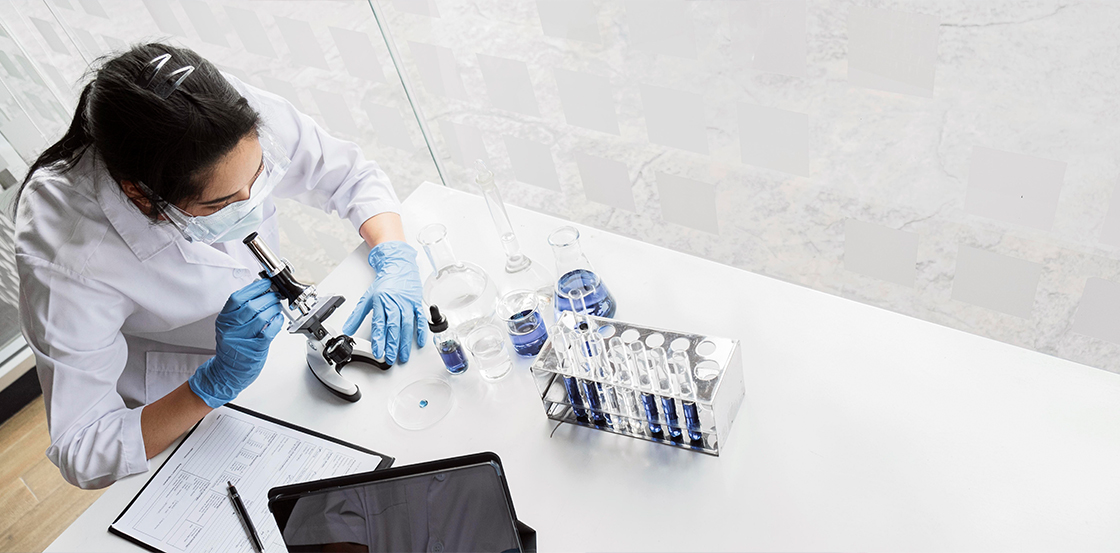Post link copied to clipboard!

Preeclampsia, a dangerous condition affecting pregnant women, is a significant global concern, causing high blood pressure and abnormal proteins in urine. Every year it leads to about 46,000 maternal deaths and half a million fetal and newborn deaths.
Scientists were struggling to predict the risk of preeclampsia and develop effective treatments because it is a complex disorder. But now, there’s a ray of hope! A team of researchers led by Dr Zhou Si from BGI Genomics has made an exciting breakthrough.
They have found a potential way to detect preeclampsia using a molecule called “plasma cell-free RNA” or cfRNA. Cells release cfRNA into the bloodstream, enabling us to understand various diseases, including preeclampsia.
In their study, the scientists looked at cfRNA from 917 pregnancies, including 715 healthy ones and 202 with preeclampsia before any symptoms appeared.
Highlights of the findings:
This discovery is a big step forward! It means we can use cfRNA to improve the accuracy of predicting preeclampsia risk, which could lead to better treatments and fewer complications for pregnant women and their babies.
The company behind this research, BGI Genomics, will continue to use advanced technologies to study maternal and infant health and develop better tests for genetic disorders in unborn babies.
It’s important to know that this research was conducted ethically and followed all the necessary regulations.
This exciting study shows cell-free RNA could be a game-changer in detecting preeclampsia during pregnancy. With further research, we hope to see a significant reduction in the impact of this dangerous condition on mothers and their babies.